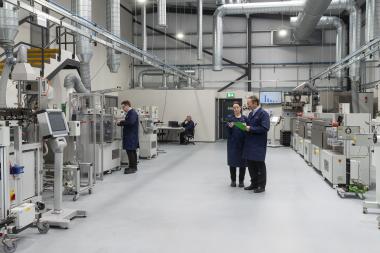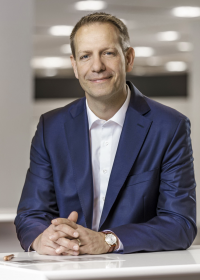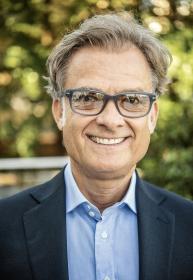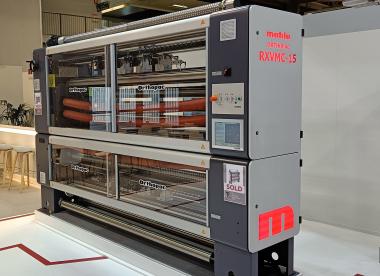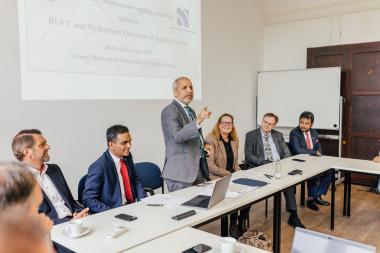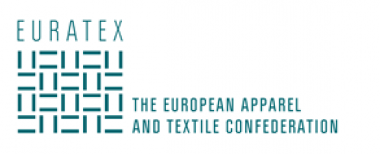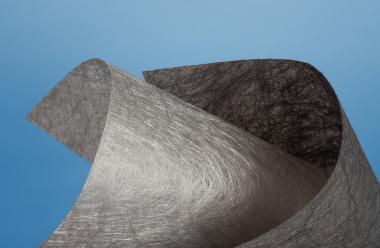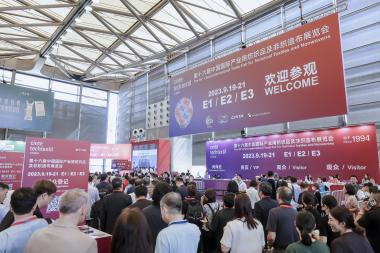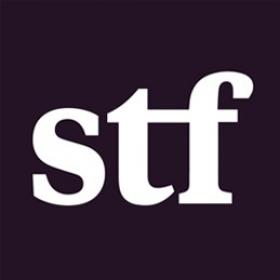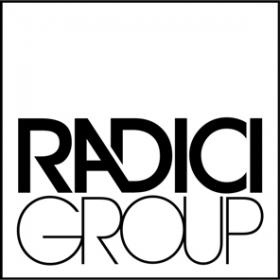FET: Benefits of new polymer development
Fibre Extrusion Technology Ltd (FET) of Leeds, UK is celebrating a year of achievements since its new Fibre Development Centre was first opened. This period has shown a marked acceleration in the number of client technical trials conducted, involving the ever-increasing development of new polymers.
FET designs, develops and manufactures extrusion equipment for a range of high value textile material applications worldwide, offering melt spinning, wet spinning and spunbond/meltblown options. Since its inception in 1997, a major part of FET’s service portfolio has always been to collaborate with industrial and research establishments in testing, evaluating and developing high value materials with diverse, functional properties. FET’s previous Process Development Laboratory presided over the development of about 60 new polymer types in multifilament, monofilament and nonwoven formats.
Since the new Fibre Development Centre came on stream, this process has accelerated and the number of new polymers has now increased to over 70, with considerably enhanced facilities more than doubling capacity and increasing efficiency. Clients frequently spend several days on site participating in development trials and technical sales meetings, so the new Centre is designed to make their stay even more efficient and comfortable.
With more new trials booked for the rest of the year and well into 2024, it is expected that many more new polymers will be developed, with sustainable fibres leading the way.
Fibre Extrusion Technology Ltd (FET)


